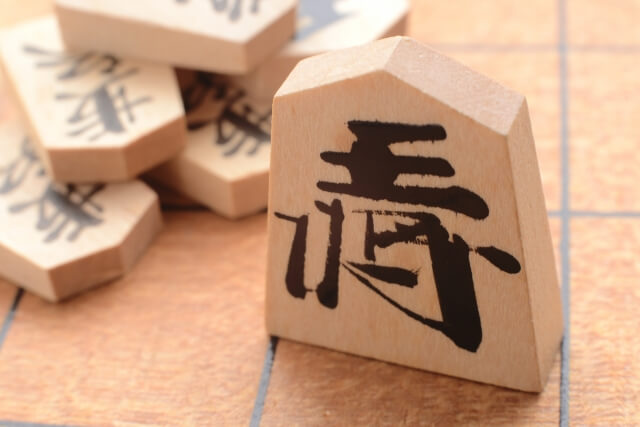
Do you know Yoshiharu Habu? He is one of the best-known of Japan’s 156 male and 54 female professional shogi players, and is affectionately(愛情をこめて, 優しく) referred to as “Habu-san.”
He was born in September 27, 1970. He is a professional shogi player and a chess Master. He is the only person to simultaneously(saimoteniously=同時に) hold seven major professional shogi titles at the same time and is also the only person to qualify as a lifetime title holder for seven major titles. In January 2018, Habu became the first professional shogi player to be awarded Japan’s People’s Honour Award. He the strongest shogi player, and he has been an symbol of “genius” and “smart person” in Japan for many years. In recent years, he is interested in AI (artificial intelligence) ,
I think shogi represent wisdom in Japan cultures.
Shogi has a 7 titles.
1. Ryuo
2. Meijin
3. Kisei
4. Oi
5. Kio
6. Oza
7. Osho
8. Eio
He held all big title in 1995. Of course he has no title now. But no one brought the country under one sway ever. So he is said that he is the god of shogi.
About shogi
Shogi an ancient Japanese game with rules and terminology(用語法) very similar to chess. Shogi is played on an 81-square board, with flat wooden counters each bearing(態度) a Chinese character; as well as familiar pieces like kings, bishops and knights, the player manipulates(menipulate= 巧みに操作する) jewels, lancers, and gold and silver generals.
Like chess, it requires a combination of precise(精緻な) technique and imaginative intuition, qualities central to Japanese culture, from judo to landscape gardening. “Habu’s most powerful weapon is the inspiration he gets from the right side of his brain,” explained a eulogistic(賛美の) profile in the weighty(ウェイティ=重大な) Yomiuri newspaper. “This inspiration is being called `Habu magic’.”
Habu magic
What is “Habu magic”?
Habu’s unique style of play, known as “Habu magic,” has attracted a huge fan following, many of whom believe he is a genius playmaker. Personally, He don’t think of my style of play as being magical at all. I just play in a way that is normal for me. Perhaps my sense of the game is different from that of others.
Shogi’s roots
Shogi’s roots can be traced back 4,000 years to ancient India, and to a board game known as chaturanga (チャトランガ=king of board game)that was played by four people using dice. It changed when it traveled west, to become chess, and east, to become shogi. Though there is no exact date for its arrival in Japan, shogi koma (pieces) dating back to the eighth century have been excavated(エクスカヴェイト=発掘する) in the ancient capital of Nara, suggesting that Buddhist priests who began arriving in the previous century may have been the conduit.
But recently, Japan’s 17-year-old shogi sensation Sota Fujii on Thursday became the youngest player ever to win one of the board game’s eight major titles after beating the holder in a best-of-five series. Maybe next shogi star is Sota fuji.

